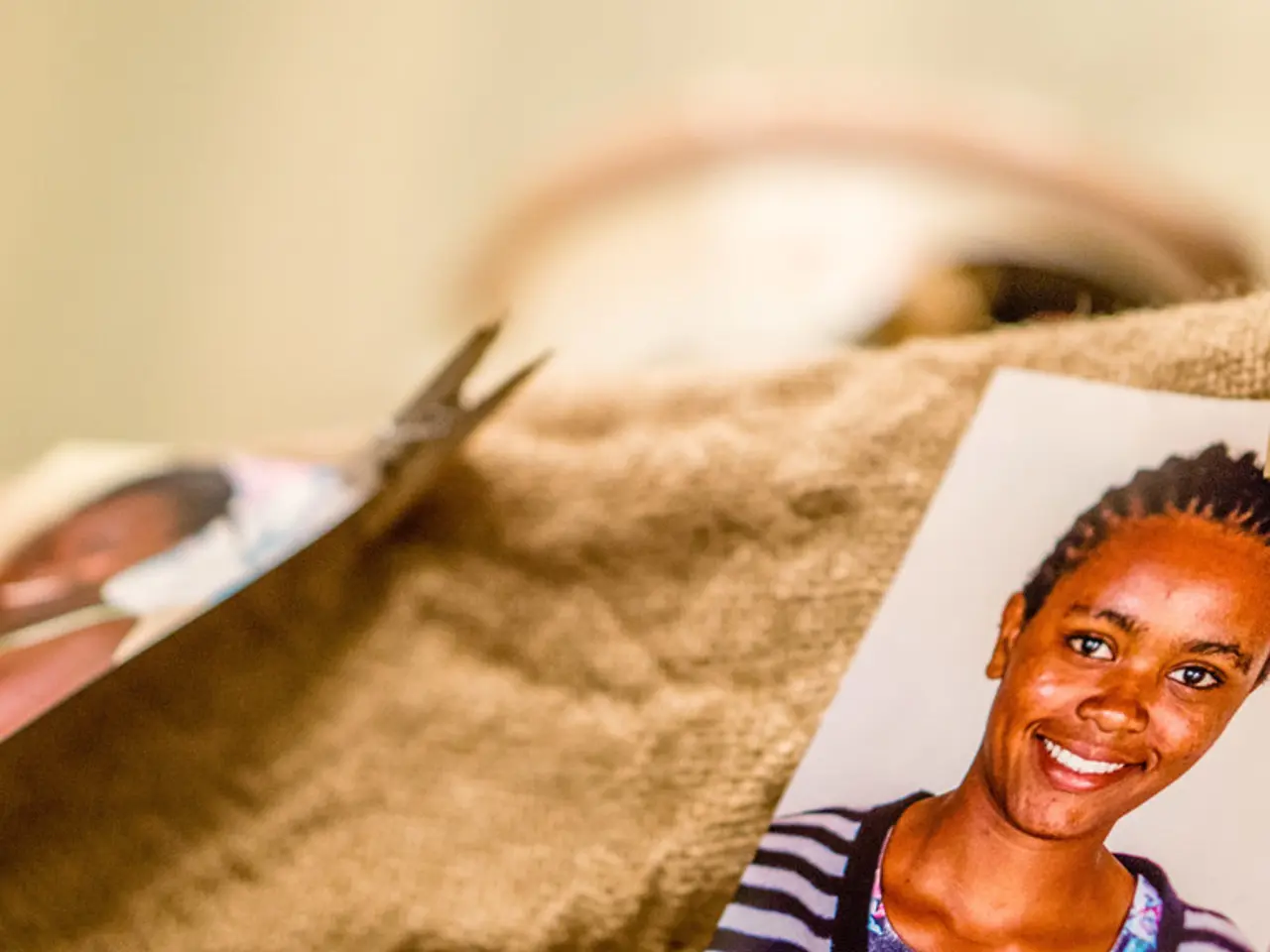Increased visa fees and bond requirements worth $15K might dampen international tourism, a substantial contributor to Vegas' economy
In a move aimed at strengthening immigration enforcement, the U.S. State Department has proposed a requirement for business and tourist visa applicants to post a refundable bond, potentially up to $15,000. This initiative is part of a 12-month pilot program that targets countries deemed to have high overstay rates and deficient internal document security controls.
The proposed bond serves as a security deposit, with the intention of creating a financial incentive for visitors to depart on time. If visitors enter the U.S. timely, comply with entry and exit requirements, and leave by their visa expiration date, the bond will be refunded.
The pilot program, set to launch in 2025, is designed to test the effectiveness of the bond requirement before any permanent adoption. It focuses on countries identified as having problematic overstay rates—some exceeding 10-14%—and deficient internal document security or citizenship-by-investment schemes that complicate traveler vetting.
The potential impacts of the program include deterring overstays, operational feasibility, and diplomatic leverage. The financial risk may discourage visitors from remaining beyond their visa period, potentially lowering the overall overstay rate among visitors from targeted countries. If successful, the program could pressure countries to improve their document security and cooperate more on immigration control, acting as a diplomatic tool.
However, critics caution that the bond may deter legitimate visitors by increasing the cost of travel, especially affecting tourists and business travelers from lower-income countries. This could potentially reduce tourism and business activity in destinations like Las Vegas, Nevada, where the tourism industry is a significant economic driver.
The exact countries targeted in the pilot program and the specific bond amounts for visa applicants have not been disclosed. It remains unclear if the bond requirement or the additional in-person interview requirement applies only to Nevada or to the entire United States.
This joint publication by the Associated Press and The Nevada Independent will continue to monitor the developments of this visa bond pilot program and its potential implications for tourism and immigration enforcement in Nevada and beyond.
[1] Associated Press. (2025). U.S. to Require Visa Bond for Some Applicants in Pilot Program. The Nevada Independent. Retrieved from https://thenvadaindependent.com/article/us-to-require-visa-bond-for-some-applicants-in-pilot-program
[2] U.S. State Department. (2025). Visa Bond Pilot Program Announced. Retrieved from https://travel.state.gov/content/travel/en/legal/visa-law0/visa-bulletin/2025/visa-bulletin-for-2025/visa-bond-pilot-program-announced.html
[3] U.S. Citizenship and Immigration Services. (2025). Frequently Asked Questions: Visa Bond Pilot Program. Retrieved from https://www.uscis.gov/visa-bond-pilot-program-faqs
[4] Migration Policy Institute. (2025). Impact of Visa Bond Pilot Program on Tourism and Immigration. Retrieved from https://www.migrationpolicy.org/research/impact-visa-bond-pilot-program-tourism-and-immigration
[5] Cato Institute. (2025). Visa Bond Pilot Program: A Step Forward or a Step Backwards? Retrieved from https://www.cato.org/publications/commentary/visa-bond-pilot-program-step-forward-or-step-backwards
The proposed visa bond serves as a financial incentive for visitors to adhere to their visa terms, potentially influencing their lifestyle decisions regarding departure dates.
Should the pilot program prove effective in deterring overstays, it could potentially reshape travel patterns for tourists and business travelers from targeted countries, impacting tourism destinations like Las Vegas, Nevada.




